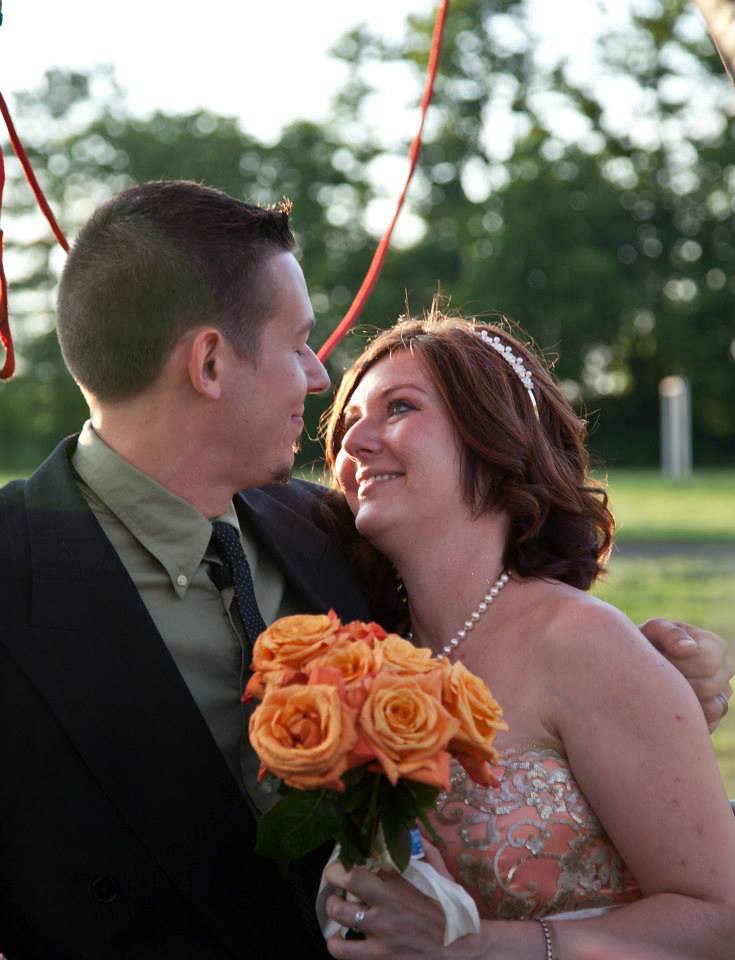... while sticking to punishment just punishes you both.
There are a few very human reasons that couples have a hard time forgiving each other for mistakes, big or small.
One is a deep sense of injustice, and an accompanying desire to set the scales right. Most of us keep mental ledgers in our relationships—tallies of who did what for whom, whose needs were met at which time, and how long it took the other to reciprocate. The point of the ledger is to maintain some approximate sense of equity. If one person screws up, it sets the balance of justice off, sometimes seemingly irreparably.
One way to deal with this sense of injustice is to make your partner pay—to exact some kind of emotional price. This may come by freezing the other person out, or withholding affection or even verbal contact. It may also come by treating them as a punching bag and making them suffer. For many people, such anger can persist for a very long time, and the perpetrator will have to deal gracefully and patiently with the anger and rejection until some inestimable point in the future when it dries up. The problem is that the anger doesn’t necessarily just dry up: Rage and vengeance exact their own price—on both parties—and create their own toxic patterns which often become self-perpetuating.
Another block to forgiveness is a sense of entitlement to pain. The hurt party justifiably feels hurt. And they have a right to take a bath in it, to feel it to its fullest. But again, once you get in that bath, it’s hard to get out. The water feels warm and consuming, the air outside cold and forbidding. There’s no logical endpoint, and the transition out of the pain is difficult to achieve.
The last reason I’ll mention—this list is not meant to be exhaustive—is the fear of being duped. What if our partner is not sorry enough? What if they don’t fully understand the cost of their mistake? What if we forgive them too soon, or the ease with which we forgive implicitly condones their behavior? Often people treat their partners like they would their children, operating from a principle of an apt punishment that is intended to instill an appropriate sense of remorse. This principle, however, denies that the remorse will exist without the punishment. It also presumes that punishment is the surest way to produce or receive remorse.
There's a problem with thinking of your forgiveness as a prize, offered at great personal cost to the person who wronged you when they’re adequately deserving of it. For one, it’s hard to adequately quantify “deserving.” Does it kick in after a certain amount of apologizing? Does it require various kinds of penance or finding ways to make it up to us? Does it come from the verbal expression of regret? How do we decide how much remorse is enough?
It’s also hard to be sure that we have an accurate sense of how sorry a person actually is. Mistakes often set off a chain reaction of defensiveness, a series of attacks and counter-attacks that seem to require self-defense.
And we rarely consider the ways in which forgiveness can be self-serving, helping us get more of what we want from our relationship rather than less.
One of the hardest things I have to convince couples of in therapy is that the things that would make them feel better and more satisfied are often counter-intuitive: Indulging anger, carrying resentment, and disengaging from a partner can all feel intuitive (in the sense of being true to our feelings) and in line with our interests.
But the research suggests otherwise.
Several studies have found that forgiveness is a route to healing one’s own emotional injuries, that it facilitates a process of mutual empathy, fosters relational resilience, and strengthens (rather than weakens) relationships overall (Aalgaard, Bolen, & Nugent, 2015; Meneses & Greenberg, 2015).
It’s hard to convince a wronged person that they have a responsibility to help heal a relationship from a betrayal or mistake they didn’t commit. But relationships are by definition comprised of more than one person. Their life blood is the patterns those people create and perpetuate. And each person’s self-interests become inextricably tied to the relational patterns they participate in.
The process by which forgiveness generally occurs represents the ultimate relational pattern. Shame (on the part of the injurer) seems to be key to forgiveness (Meneses & Greenberg, 2014). To disclose shame, a person needs to be vulnerable. And to be vulnerable, a relationship needs to provide conducive conditions—partners willing and able to listen deeply, understand, suspend judgment, and work on lowering their own reactivity. That is to say, vulnerability (and the disclosure of shame) seems to emerge when you have a partner, or a relationship, that provides enough safety to give you the confidence to take such an emotional risk.
Hopefully you see my point. Relationships are big circles, with each partner informing the direction of the spin at every point. An angry, hurt, and rejecting partner offers anger and hurt, which initiates a reaction to that anger and hurt, which may in turn initiate a counter-reaction to that reaction. Alternatively, an angry and hurt partner who tries to slow down, to understand more fully, creates a space for a more vulnerable reaction, perhaps a disclosure of shame, which allows the angry or hurt partner to perhaps feel empathy, which perhaps enables them to offer forgiveness and take the relationship in a more positive direction.
At least from a rational perspective, none of the blocks to forgiveness produce cycles that end well for anyone.


No comments:
Post a Comment